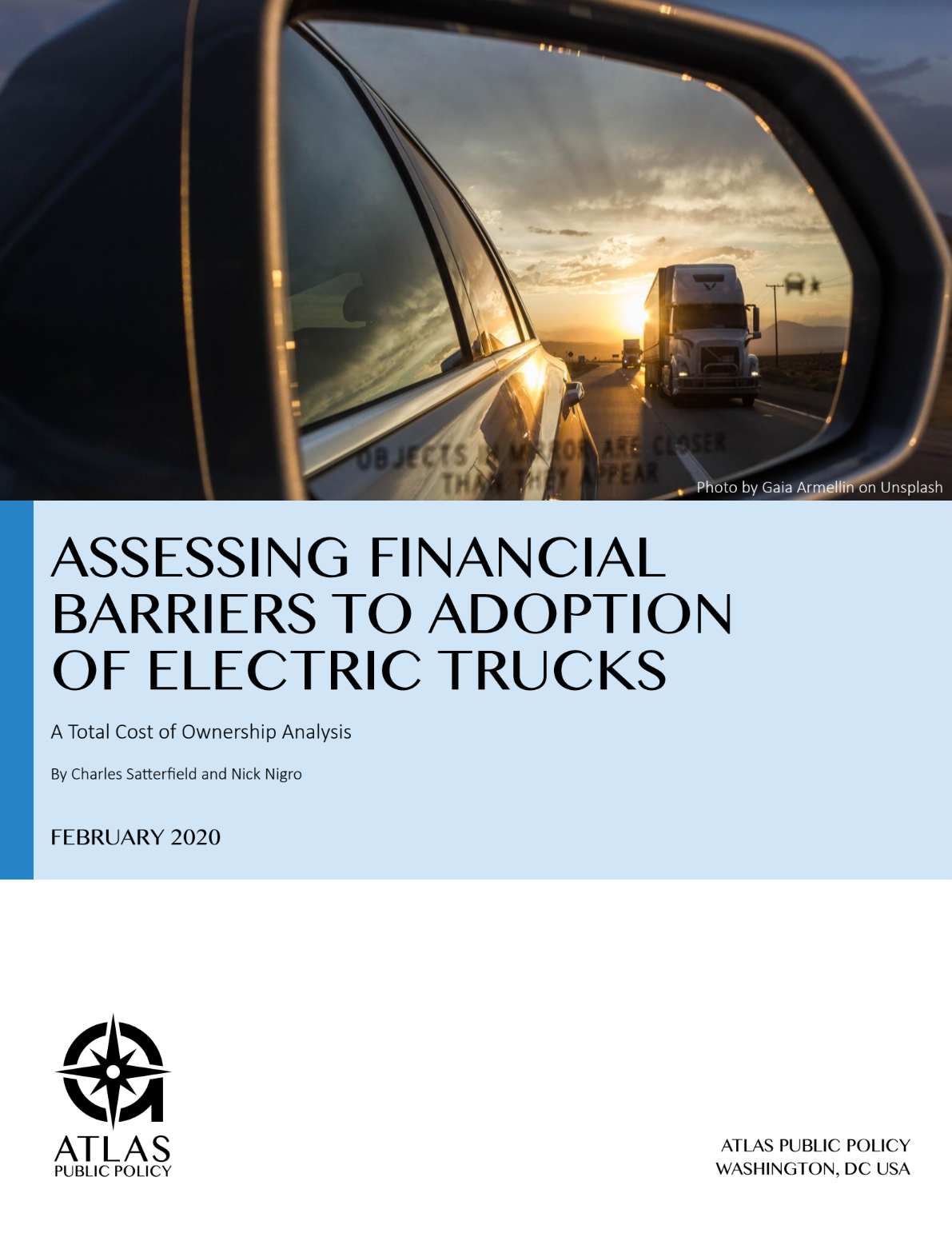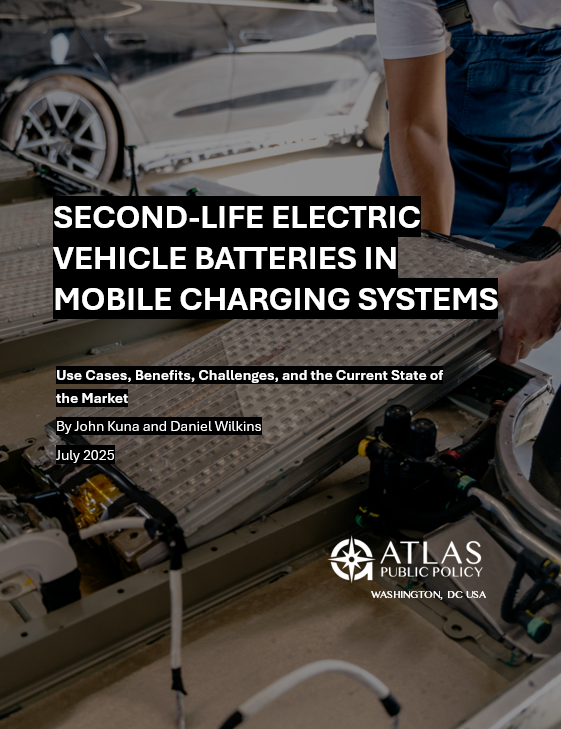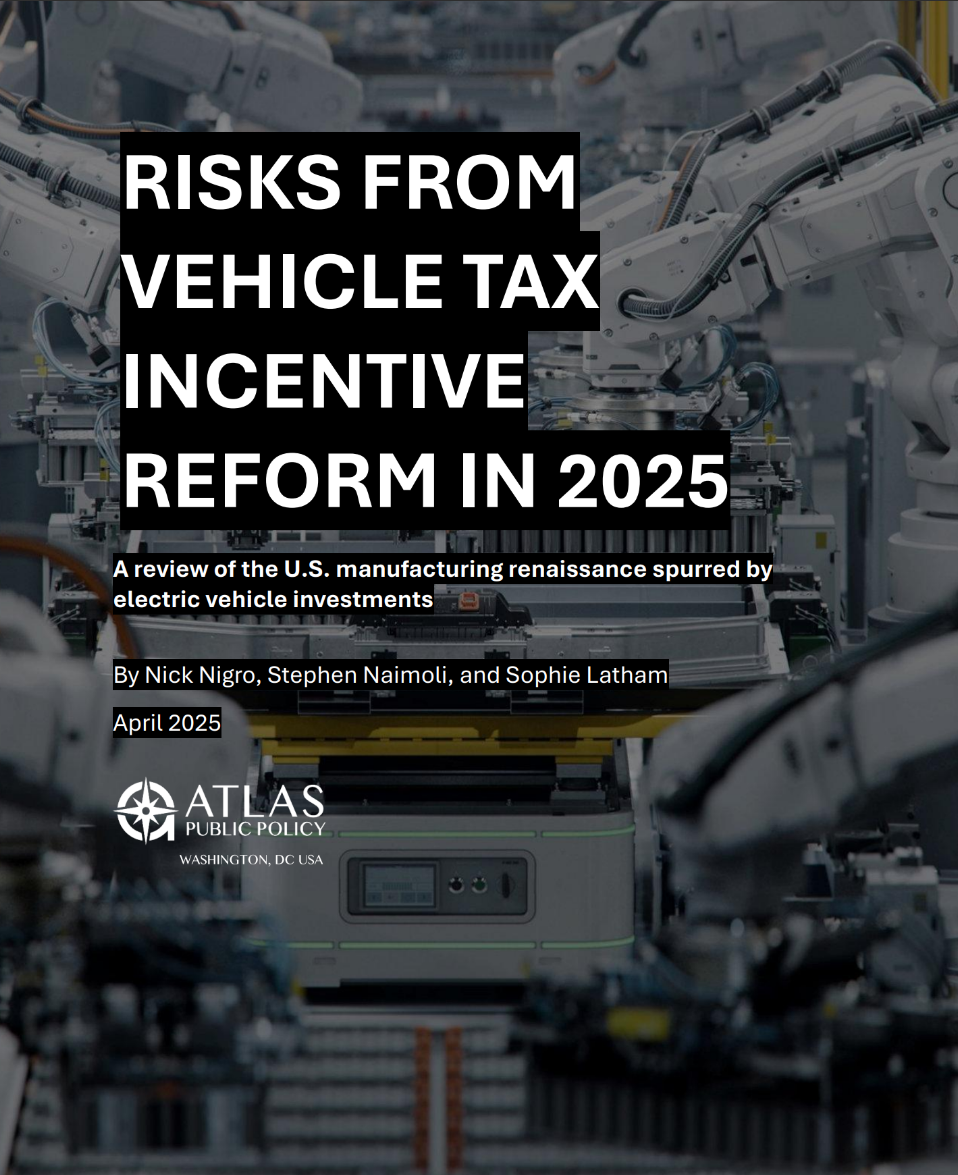The transportation sector is now the largest source of greenhouse gas emissions in the United States and medium- and heavy-duty vehicles account for a disproportionate share of those emissions. The Retail Industry Leaders Association (RILA) has partnered with the Center for Climate and Energy Solutions (C2ES), David Gardiner and Associates (DGA), and Atlas Public Policy to explore the landscape and outlook for electric trucks for freight movement.
We are assessing the market landscape, challenges, and opportunities for electric truck adoption among retailer shippers and their transportation partners.
As part of this project, we conducted an independent total cost of ownership analysis for electric trucks to help retailer shippers better understand options available to them, or to their transportation providers. The results of this analysis indicate that medium- and heavy-duty EVs are cost competitive in some use cases under current market conditions and the most important factors are the cost of charging and availability of upfront vehicle incentives.
A detailed report was written to summarize the analysis and a dashboard tool was created to explore the analysis results. The 2-page dashboard tool includes:
- Average cost per mile for both electric and diesel vehicle procurements broken down by cost category and vehicle use case.
- A deep dive into the procurement elements to help you understand the impact of each procurement option covered in our analysis.
- A detailed breakdown of all 40,000+ total cost of ownership results for EVs categorized by their likelihood of being cost competitive with an equivalent diesel model.
Project Context
Many retail businesses are working to reduce emissions of carbon dioxide and other air pollutants through corporate social responsibility, sustainability, and emissions reduction programs. These have public health benefits to the local communities and governments which these businesses serve. Several are actively engaged with initiatives like the U.S. EPA SmartWay program, the Coalition for Responsible Transportation, and EV 100.
At the same time, EVs are a relatively new technology and many retailers lack access to independent analysis to help them make informed decisions about options to use electric trucks and install EV charging infrastructure. Additionally, many retailers employ a mix of private fleet trucks and outsourced trucking services in their freight operations. Therefore, the business case for electric trucks must include retailers and their third-party carriers.




